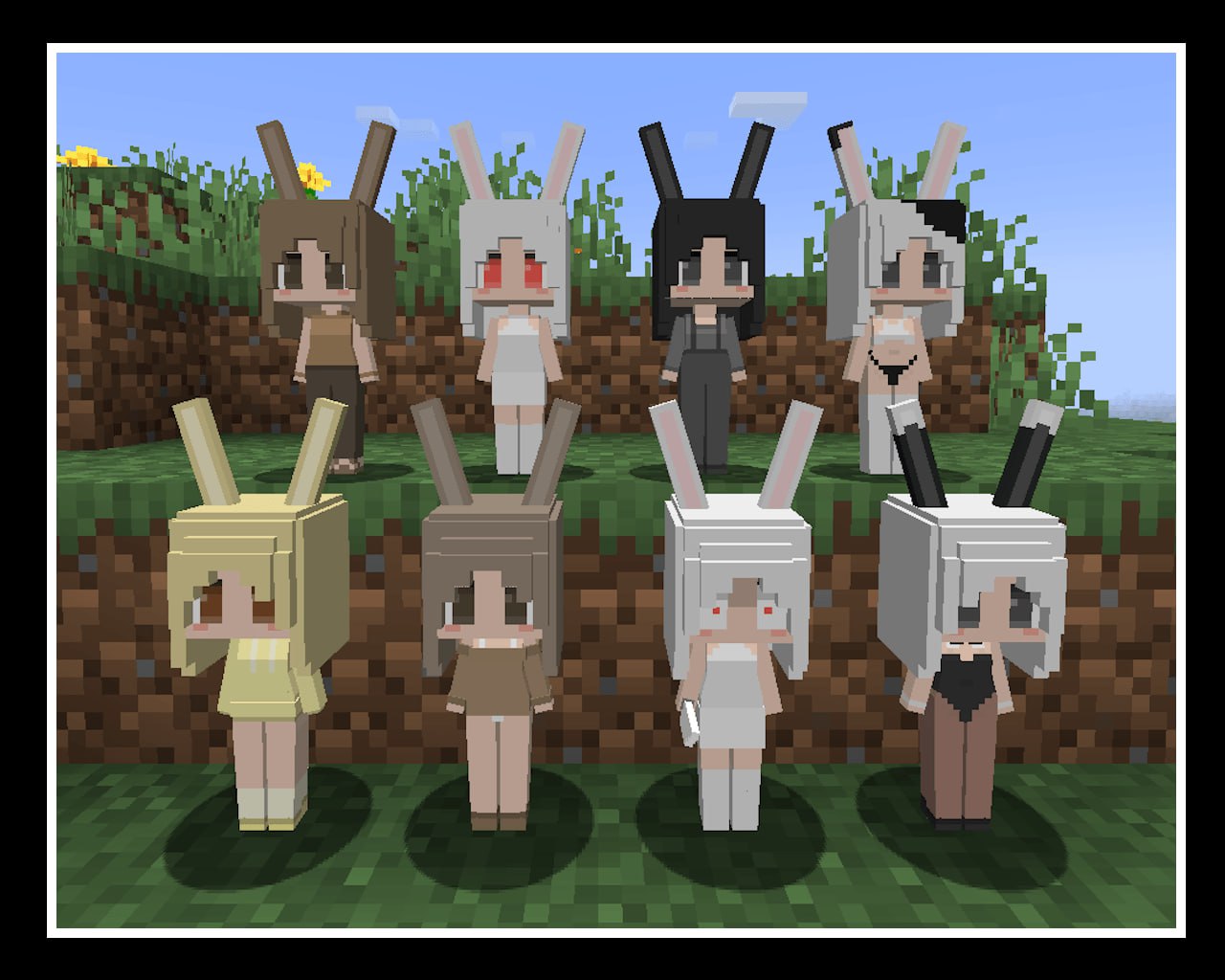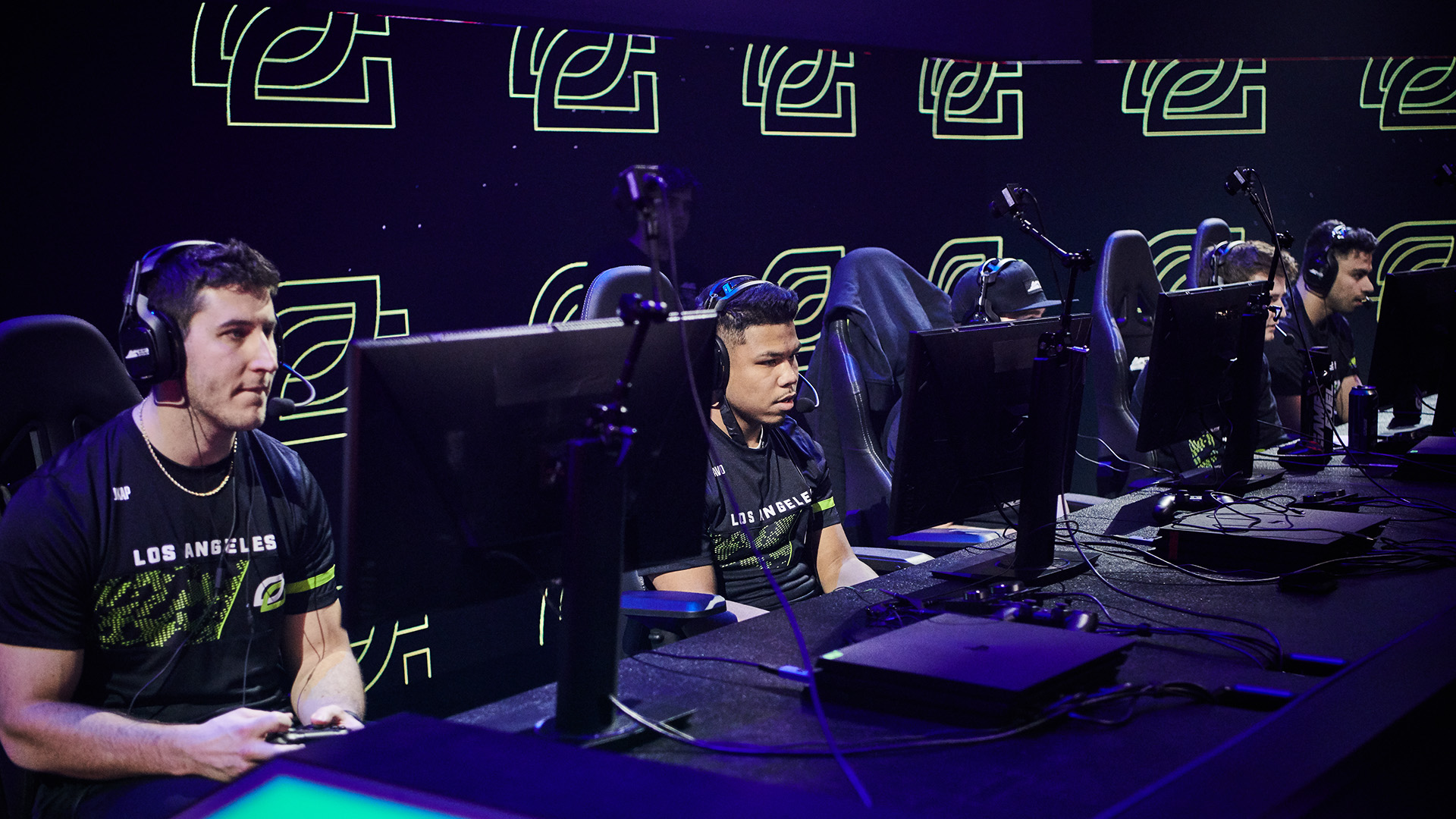It’s no secret that the gaming industry is developing very quickly. New technologies make the gameplay process even more convenient for players. One of the most important technologies in the gaming industry is the porting of games to different platforms. This is not an easy process, it takes a lot of time and effort. After all, it can take months of work to move a game from IOS to PC.
However, porting the game takes an important place in the development of the project. There are many significant reasons why you should invest the time, money, and energy in cross-platform game development. In this article, we will explain what porting a game is and what benefits it provides.
What Is Game Porting?
Ported games are projects that were only available on one platform and then were moved to mobile devices, PCs, or consoles. Nowadays, a lot of games are ported from Android and IOS to PC or vice versa. Also, such games are often cross-platform, which means you have the opportunity to play on Android, IOS devices, as well as on a PC at the same time.
Sometimes games become so successful and on another platform, there are so many people willing to join the gaming community that the developers decide to expand their potential audience of players and allow everyone to enjoy the game. Today, the development of your projects can be carried out for several platforms at once, as well as for only one. In order to understand how difficult porting games is, you need to delve into the technical part. If you read several articles on porting games, you will conclude that there is no single algorithm for porting a game from one platform to another.
Top 5 Reasons to Port Your Game
Reach More Audiences
Porting the game to multiple platforms helps developers gain more popularity and find more potential audiences. Moreover, your game will be available to several playing devices, instead of one. This means that your game can get even more downloads and feedback. And if you want to make your game accessible to everyone, cross-platform game development is the best option for you.
If you are dominating in the console world and everyone wants to play your game, but don’t have an opportunity to play from the console, it is a respectable reason to port your game. In this way, you will increase your income and reach more players all around the world.
It Is Cost-Effective
It is much easier to port the game than develop a completely new title. Creating a new game consists of coming up with a unique idea, a full-fledged concept, and hiring the best specialists. The development of a new title is very time-consuming and expensive. Moreover, you are not able to know if your new project will be successful. If you port your game, there is a list of reasons for cross-platforming. For example, your game is already popular and many people want it to play from their devices.
More Revenue
Cross-platform games are getting more downloads and becoming more popular around the world. This means that with the number of attracted people your income will grow. The only drawback is that the more people play your games, the more time and effort you will need to make the servers less loaded and optimize the game. Constantly fixing bugs and introducing new features into the game is something that can keep players interested and keep them playing for hours. And if the game has internal transactions and interesting offers, you will definitely increase revenue.
Flexibility for Players
Porting the game offers more options for players. They can enjoy their favorite game from any place and device they want to use at a certain moment. For example, they can shorten their time playing their favorite game on their smartphone or enjoy great gameplay from a PC after a hard day. If people are planning a small party for friends who want to play their favorite game, they can easily use the console and enjoy absorbing gameplay.
Focus on the Development of Future Games
Fortunately, there are dozens of quality outsourcing game porting services, which offer to make your game cross-platform in the shortest time. These companies offer high-quality services on which the best specialists work together in one team. Agree, it is much more reliable to give your project for porting to companies that are well versed in this.
The Bottom Line
When porting a game, it is very important to adhere to all the details that exist in the original version of the game. Textures, sound effects, polygon formats – all of this must be converted correctly so that no one can tell the difference between the ported game and its original version. Of course, all the missing pieces of art resources can be created from scratch.
As you can see, porting your game into the key platforms and engines can make your game project more popular all around the world and bring a lot of benefits to you. Of course, you should ensure flawless functionality to offer players the best gaming experience. It is not easy and requires a lot of effort. However, rest assured that porting the game will be worth it.








